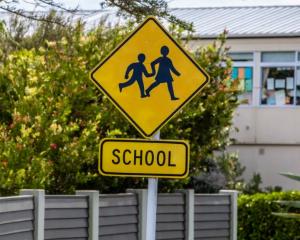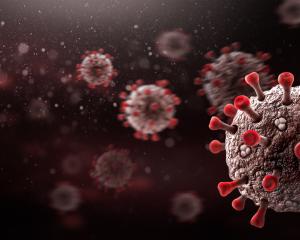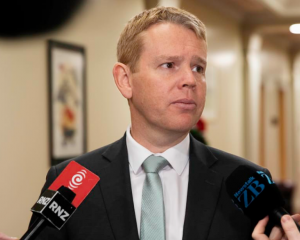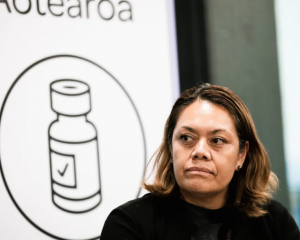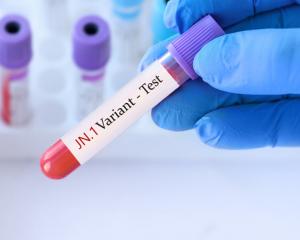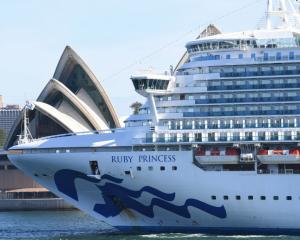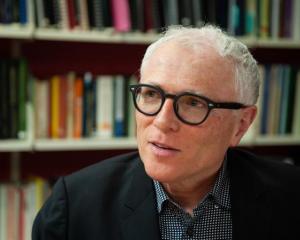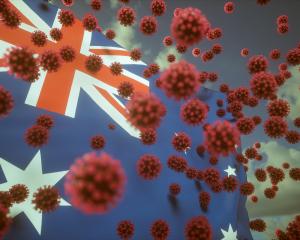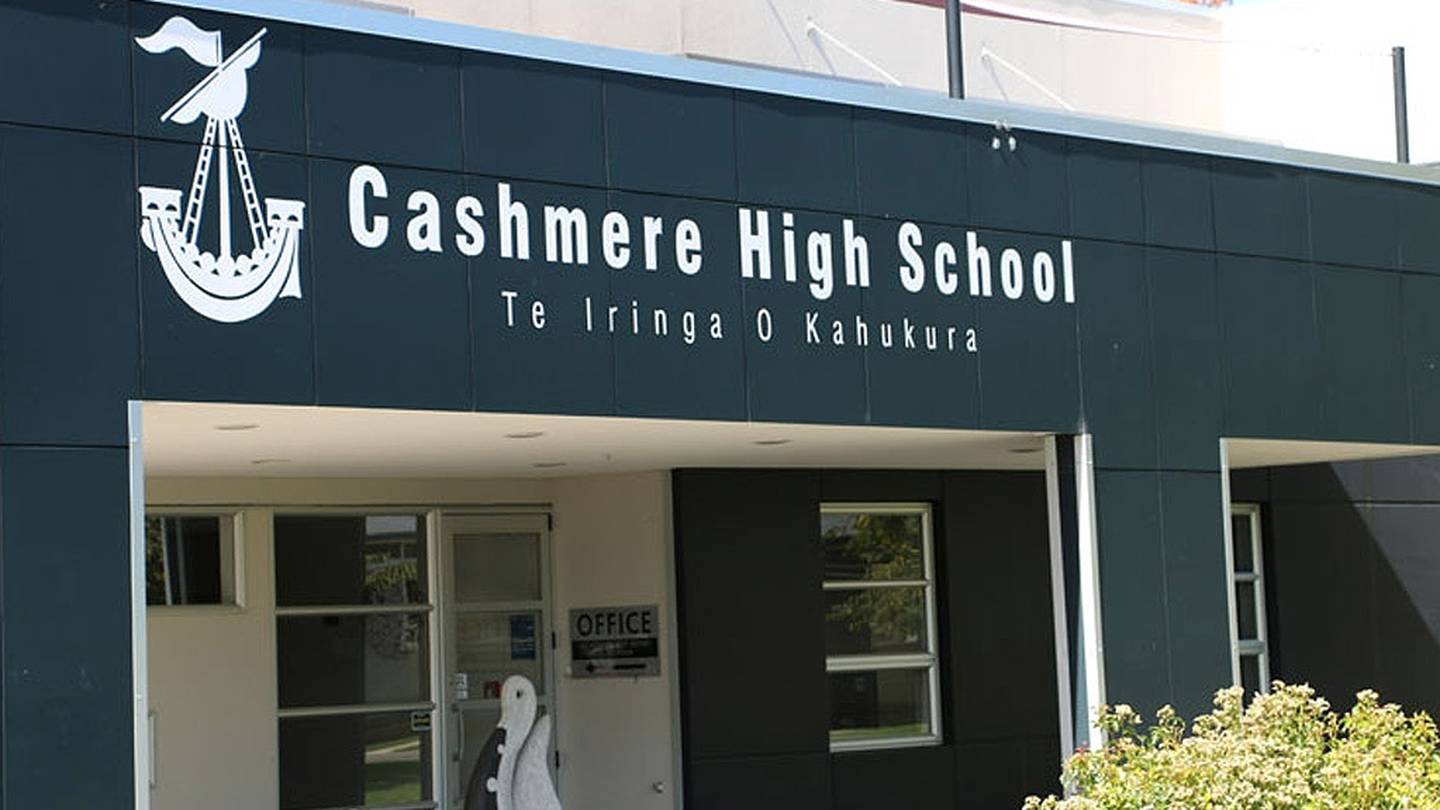
The Canterbury District Health Board sent a letter to Cashmere High School parents on Tuesday confirming that a student was a close contact.
The student had tested negative and was isolating at home.
"Students and staff do not need to be tested unless they have symptoms of Covid-19, and they do not need to self-isolate," it said in the letter.
Meanwhile, fishing bosses have a grounded a charter flight due to bring more international seamen into Christchurch.
The first intake of 240 crew members was due to leave a managed isolation facility today after dozens of them testing positive completed their stand-down.
This is on hold, however, as health officials have confirmed a worker has caught the virus where they are staying at the Sudima Christchurch Airport hotel.
A delay would stretch out the second flight chartered by Sealord, Independent Fisheries and Maruha Nichiro.
The companies signalled in September that unless border exemptions were made, seven deep sea trawlers would remain shore-bound - at a cost of tens of millions of dollars and many land-based jobs.
Sealord chief executive Doug Paulin said they hoped today's Ministry of Health update would signal when they could be cleared to leave.
He said there was no official timeline yet for the fishermen, or those on the next chartered flight.
Paulin said they want to ensure there was no risk to the community, even if it would mean a delay.
Once given the green light, the fishermen will be delivered by health officials to deep sea fishing vessels at Lyttelton.
The first vessel will head out to open water, but some of them will have to wait in another vessel until the second flight arrives and these crew members complete their managed isolation requirements.
Sealord, Independent Fisheries and Maruha Nichiro are covering the flights, managed isolation and other costs.
Community case may not go to isolation facility
The person who has tested positive for Covid-19 may not be put into an isolation facility - which Prime Minister Jacinda Arderns said was "not unusual".
She confirmed work was ongoing around the community case, and said the person isolating at home was not an indication that the managed facilities in the Christchurch were at capacity.
The new case is a staff member working in the Christchurch managed isolation facility, understood to be the Sudima Hotel, where a group of international mariners have been staying.
The staffer had been tested on Thursday last week as part of ongoing screening and returned a negative result.
However they developed "mild" symptoms on Saturday and sought a second test on Sunday. That second test was positive and authorities were alerted yesterday afternoon.
The person is now self isolating at home while decisions are made around their management.
This morning, it was confirmed the person had one close household contact and had visited a supermarket - Countdown on Colombo St in Sydenham.
Countdown's general manager corporate affairs, safety and sustainability, Kiri Hannifin, confirmed the person visited the store, but the time of the visit was not known.
Ardern said a push alert would go out today alerting anyone who had been at the supermarket in and around the Covid-positive person.
She said it was completely normal for a person to start their isolation period in their own home and denied that they were there as a result of Christchurch facilities being full.
"We always go through a process after a positive test of working through the best place for someone to isolate," she told TVNZ. "They will be working with that person to see whether they should be moving into a facility.
"We let the public health workers on the ground work out the best place for the person (with Covid) to be. There are a range of circumstances they will take into account to determine where they should be."
Adern said while "most cases" go into managed isolation facilities there were some who did not.
It was not an indication the facilities in Christchurch had no space.
"Not at all - the case was only identified yesterday afternoon, it's not unusual for a bit of time to be taken to identify their close contacts, undertake testing that needs to be undertaken and then work through making sure we are putting the person in a facility if that's the right place for them to be," she said.
A group of Russian and Ukrainian fishermen - many who had tested positive for Covid-19 - had been in managed isolation at the Sudima Hotel and were due to leave today.
A total of 31 positive Covid cases are now linked to the group of mariners. They are among 440 fishers from Russia and the Ukraine, 270 of whom are due to go out on three Independent Fisheries boats next month.
Third time Covid-19 has re-emerged in community
The latest case in Christchurch ended 10 straight days of no community cases of the coronavirus in New Zealand.
The country went 102 days without a case until August when an Auckland cluster forced the North Island city into a two-week level 3 lockdown.
Then in October, after 22 days without a new case in the community, a marine engineer tested positive after carrying out work on a ship in Auckland, the Sofrana Surville.
Last month, Air Commodore Darryn Webb told Newstalk ZB staff at the Sudima Hotel took infection prevention measures including physical distancing, regular and thorough cleaning, PPE use, basic hygiene practices and daily health checks.
He expected the number of positive cases within the fishermen group to increase.
"I think it's logical to expect that. We knew in the planning that places like Russia are high risk."
Webb said the processes in place around testing at the border were robust.
"We have an exclusive use facility for these fishermen. Part of the process early on is that we do know they are coming from a high risk area so let's provide them a single location."
He said there was a 24-hour delay as the aircraft worked through its process in Moscow and the fishermen were assembled there for 48 hours and then en route for 18 hours. That period of time provided an opportunity for the virus to spread.


